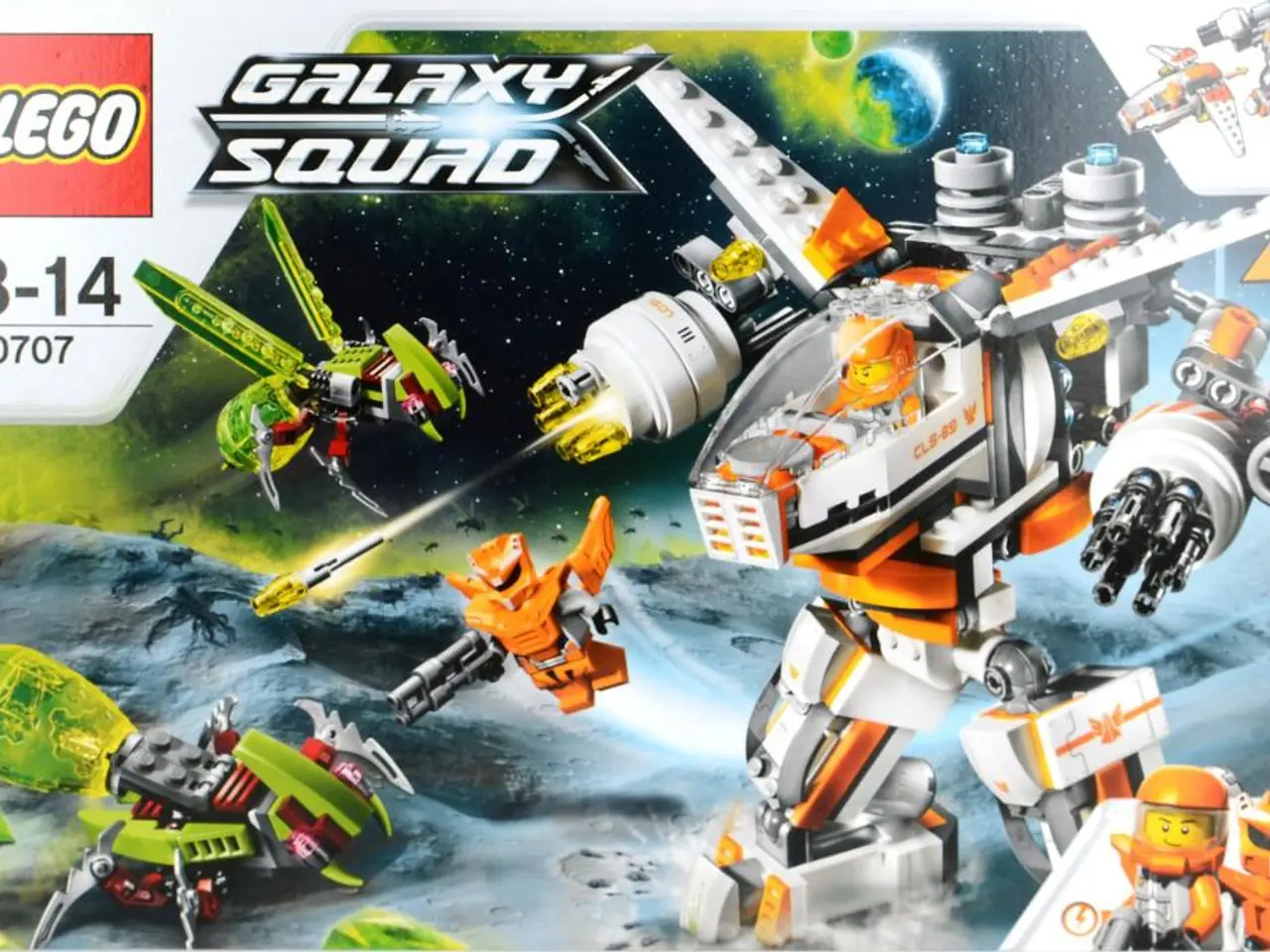Artificial Intelligence-generated music is now leading music sales and earning actual funds
In the ever-evolving world of music, a new player has emerged: AI-generated bands. One such project, The Velvet Sundown, has been making waves in the industry, boasting over one million monthly listeners on Spotify.
The Velvet Sundown's music is structurally coherent, with verses, choruses, and bridges, much like human-produced tracks. However, its creation is unique—it's a synthetic music project using generative AI.
The success of The Velvet Sundown has sparked a heated debate about copyright, with the American Federation of Musicians calling for clear labeling of AI-generated songs and better copyright protection to safeguard human creativity. Tino Gagliardi, the federation's president, has stressed that consent, credit, and compensation must form the foundation of any ethical AI deployment in the music industry. Anything short of that, he states, is theft.
This debate has reached the courts, with major record labels such as Sony Music, Universal Music Group, and Warner Records filing lawsuits against AI platforms Suno and Udio, alleging mass copyright infringement.
On the other side of the argument, music industry professional Tino Gagliardi has spoken out in favour of using artificial intelligence to enhance creativity and innovation in music production and distribution. He believes that AI can be a tool for young artists, equipping them with strategies for using AI to complement their creative processes rather than replace them.
The use of AI in music education is also on the rise. Music educators are adapting, incorporating AI tools into their curricula to prepare the next generation of musicians for this new landscape. Keith Mullin, head of management and music industry courses at the Liverpool Institute for Performing Arts, has described AI music as "the hot topic of the moment."
However, not everyone is convinced. Music critic Anthony Fantano has voiced concern about AI music's impact on consumers, arguing that it clogs social media feeds and hinders genuine human connections. He also criticised the technology's use as a cost-cutting measure, stating that AI-generated music is inferior to human-produced art.
Jason Palamara, an assistant professor of music technology, finds The Velvet Sundown's music better than most AI-generated music. Yet, British alternative pop artist Tilly Louise has expressed frustration at the success of AI-generated bands, which overshadows efforts by human artists struggling financially despite millions of streams.
The Suno 4.5 update is significant for prompt-engineers in the field of generative music technology. Meanwhile, Grammy-winning producer Timbaland has launched Stage Zero, an entertainment venture featuring an AI-generated pop star.
As the use of AI in music continues to grow, the debate over copyright, ethics, and the future of the music industry remains a hot topic.
Read also:
- Understanding the Concept of Obesity
- Microbiome's Impact on Emotional States, Judgement, and Mental Health Conditions
- Highlighting the Year 2025 IFA Awards, our site showcases the top 10 cutting-edge technologies unveiled this year.
- Guide to Natural Protection in Permaculture Gardens: Implementing Mulching Techniques Organically








